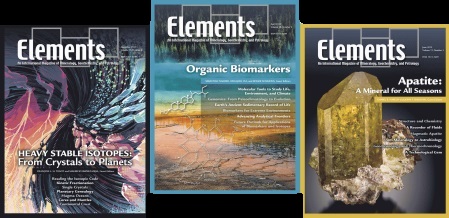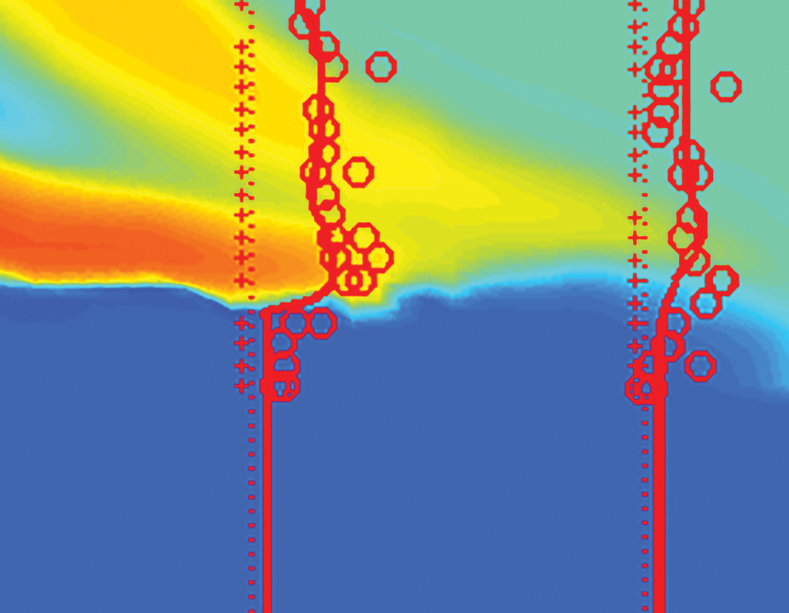Using Reactive Transport Models to Quantify and Predict Groundwater Quality
The hydrochemical composition of most groundwater systems, whether pristine or affected by anthropogenic activities, evolves as a result of complex interactions between flow, solute transport and biogeochemical processes. An in-depth analysis of these processes and their interactions is essential for deciphering what controls groundwater quality. Reactive transport modeling has emerged as an invaluable tool for distilling complex systems into their salient components. Based on experimental data, reactive transport models have been successfully used in the rigorous, process-based quantification of coupled processes at bench and field scales. We illustrate how reactive transport modeling can aid in identifying and quantifying controls over groundwater quality.
Using Reactive Transport Models to Quantify and Predict Groundwater Quality Read More »


